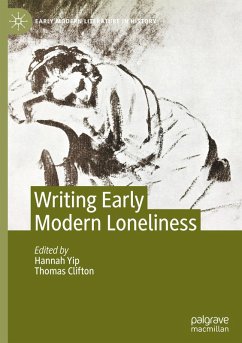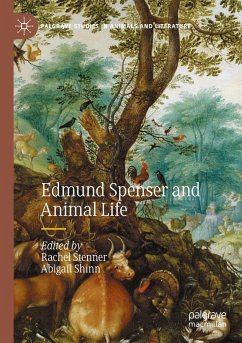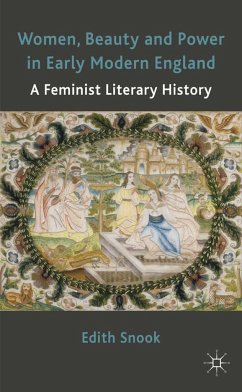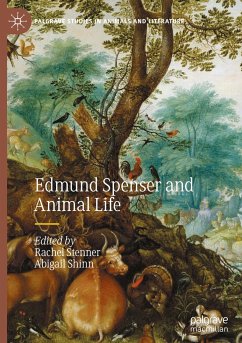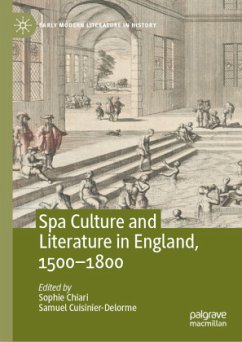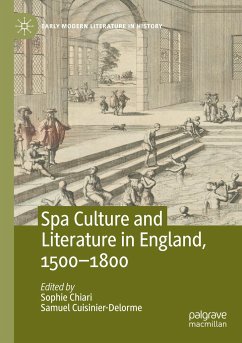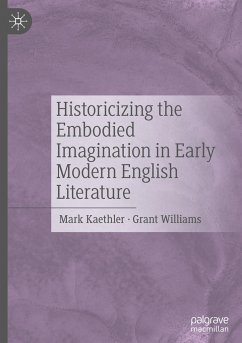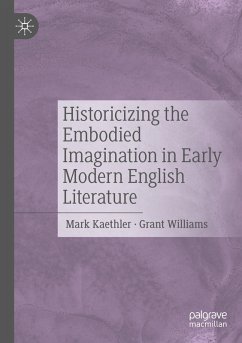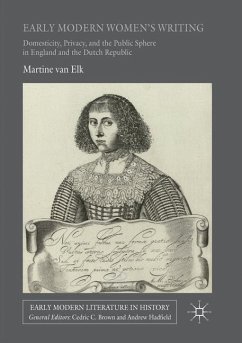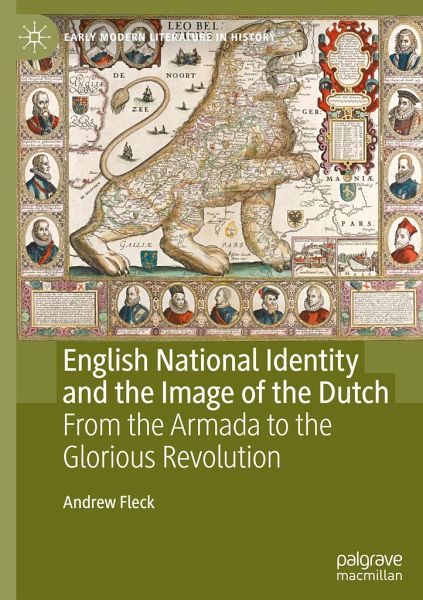
English National Identity and the Image of the Dutch
From the Armada to the Glorious Revolution
Versandkostenfrei!
Versandfertig in 6-10 Tagen
91,99 €
inkl. MwSt.
Weitere Ausgaben:

PAYBACK Punkte
46 °P sammeln!
This book makes newly visible the sustained engagement of the English and the Dutch throughout a critical century in their cultural and national development. It reads a broad selection of early modern literary texts, some never before treated in Anglophone scholarship, in which the Dutch and the English wrote about each other and themselves. This interdisciplinary study brings to light the key affinities of these two nations: their embrace of liberty, turn toward Protestantism, and pursuit of commerce. It shows that as Catholic, colonial powers worked to prevent the rise of early modern Europe...
This book makes newly visible the sustained engagement of the English and the Dutch throughout a critical century in their cultural and national development. It reads a broad selection of early modern literary texts, some never before treated in Anglophone scholarship, in which the Dutch and the English wrote about each other and themselves. This interdisciplinary study brings to light the key affinities of these two nations: their embrace of liberty, turn toward Protestantism, and pursuit of commerce. It shows that as Catholic, colonial powers worked to prevent the rise of early modern Europe's two great Protestant states, those similarities-as well as a combination of English admiration, envy, and distrust of the Dutch-produced an emulous rivalry that remade the two nations and their literature.






